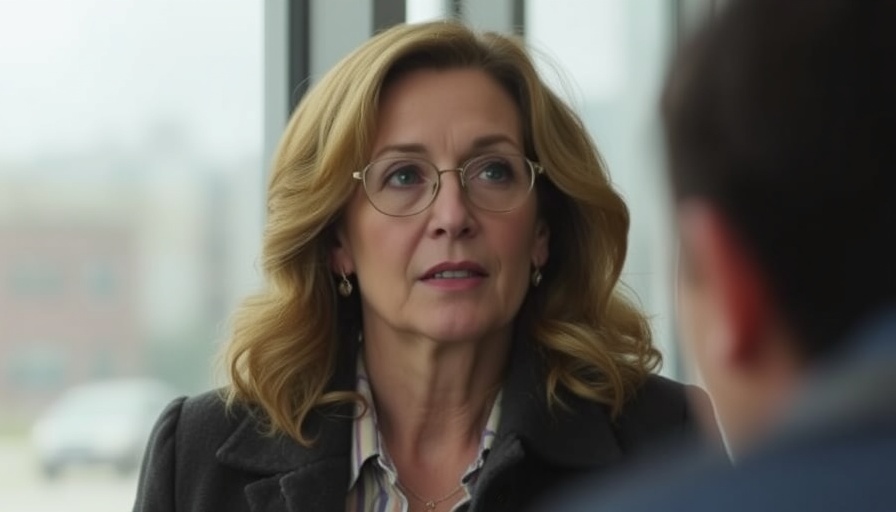
Why Did Lena Dunham's New Series Fail to Satisfy?
After the critical and cultural success of Girls, expectations were sky-high for Lena Dunham's latest project, Too Much. However, this Netflix offering has left many fans yearning for the sharp wit and complex character portrayals that marked her earlier work. With a familiar setting in Brooklyn and a female protagonist reminiscent of Dunham's own memorable character Hannah Horvath, one would assume that Too Much would follow suit with engaging storytelling. Instead, viewers are met with a regurgitated narrative that feels more tired than fresh.
Echoes of Girls
When Girls aired, it represented a generation disillusioned with societal expectations and focused on the messiness of adult life. It turned the notion of the "unlikable female protagonist" into a cornerstone of television storytelling. However, Too Much aims for the same reflective territory but stumbles over clichéd scenarios and underdeveloped characters, damaging its chance to resonate. The humor feels forced, and the emotional weight fails to land, leaving audiences craving the authenticity that once defined Dunham’s previous work.
The Pressure of Legacy: Viewers' Expectations
There's an undeniable weight that comes from the success of a previous project like Girls. The cultural dialogues it ignited and its brave dive into women's sexuality and social angst set the stage for what people now expect from Dunham. Fans hoped for similar, if not greater, depth in Too Much, but the result is a series too reliant on outdated tropes that lack the nuanced storytelling it desperately needs.
Rethinking Female Narratives
Despite its shortcomings, Too Much reveals a broader dialogue about women's stories in television. Although Dunham has faced criticism for her portrayal of white, affluent women, her influence has undeniably paved the way for other complex female characters seen in shows like Broad City and Fleabag. Yet, as the television landscape continues to evolve, expectations for representation are higher than ever. Viewers are eager for narratives that reflect a diverse array of experiences, not merely those of the privileged.
The Cultural Backlash: Why It Matters
The backlash from fans and critics alike speaks to a larger cultural moment. With streaming services bombarding audiences with a diverse range of shows, audiences have become more discerning about what they consume. Too Much has sparked conversations about how humor and vulnerability are presented on screen, reflecting both societal issues and personal struggles. Viewing art through a lens of sustainability calls for stories that don’t just entertain but inspire growth and encourage change.
The Female Protagonist Dilemma: Disappointment or Growth?
Dunham’s previous work illuminated the humor and pitfalls within female friendships and relationships, setting a standard that has proven hard to follow. While “Too Much” falters in producing a compelling lead, it challenges the view of how female narratives are shaped and perceived. For creators, there’s a need to navigate this terrain with finesse, ensuring representation does not mean sterilization of experiences.
Concluding Thoughts: What Can We Learn?
Despite the flaws that mar Too Much, it ultimately serves as an opportunity for critical reflection for both creators and audiences. It highlights the importance of authenticity and innovation in storytelling, particularly for narratives surrounding women. As digital nomads, reflecting on the stories we consume helps us shape our understanding of gender and culture as we travel and experience different places. Continuing to support narratives that focus on diverse, realistic portrayals of women is key to writing a new chapter in television history.
For anyone who cherishes thought-provoking content and meaningful storytelling, it is crucial to elevate discussions surrounding these narratives. Supporting shows that challenge the status quo and explore unique perspectives will help foster a richer media landscape for all.
 Add Row
Add Row  Add
Add 




Write A Comment